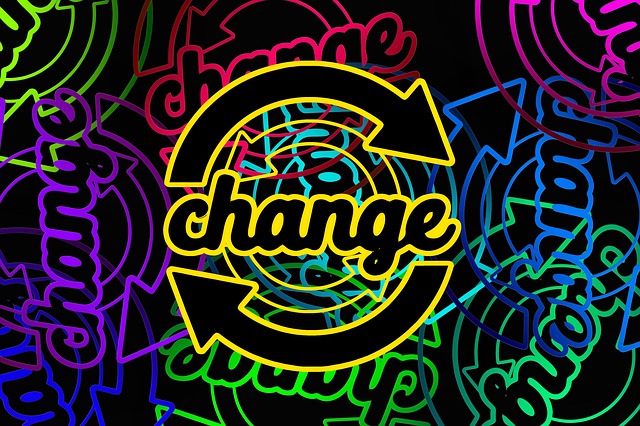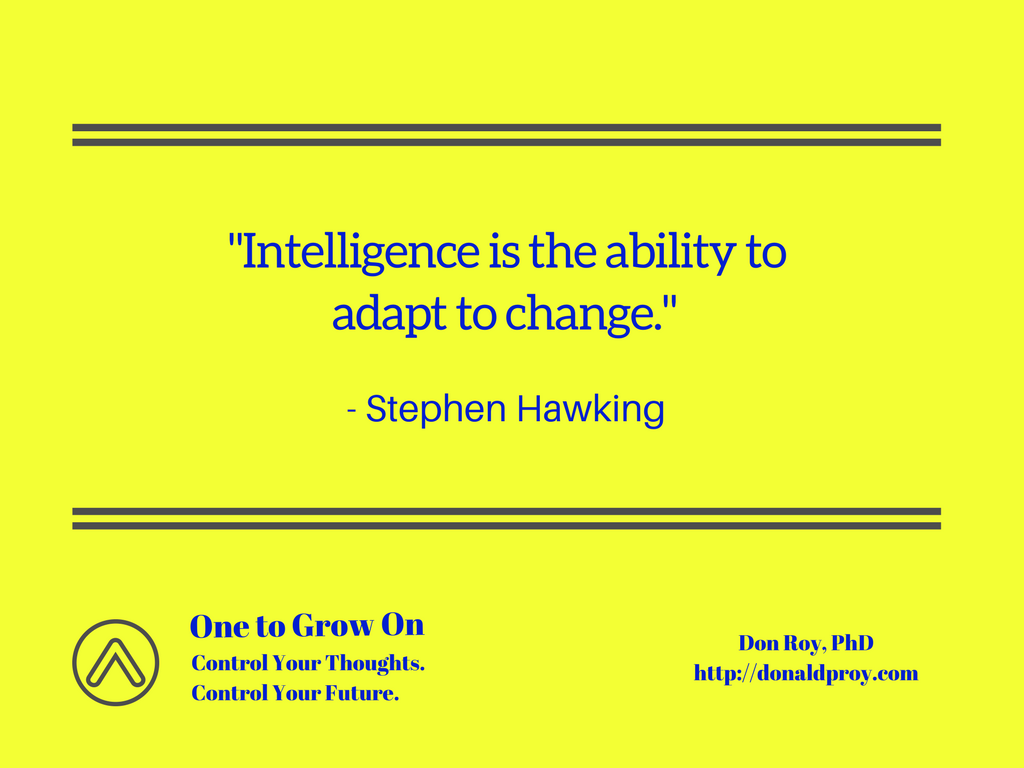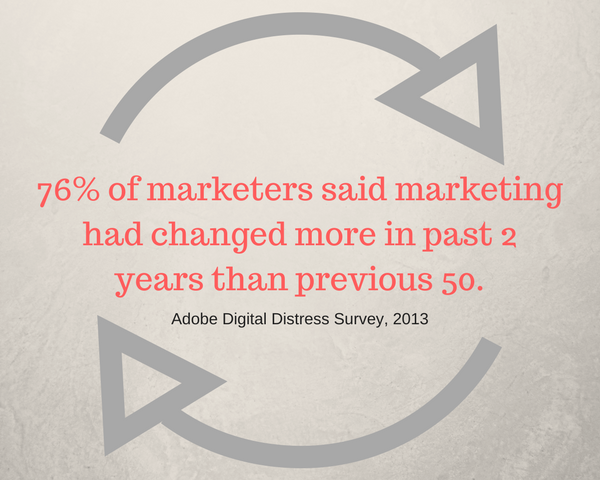For some people, “change” might as well be a four-letter word. We get comfortable in our jobs, relationships, and life in general. Change can take us to places we have never been… and we may not want to go! Change appears to be at odds with comfort. In order to change, we must step outside of our comfort zone and adapt to a new situation. Conversely, feelings of comfort come from consistency, or another way of looking at it is the absence of change.
This week’s One to Grow On quote calls for a different way of looking at change. Physicist Stephen Hawking equates adapting to change with intelligence. Hawking’s statement resonates with me as experience indicates change is closer to a certainty than possibility. Am I prepared to take change head-on, adapting to change to realize the best outcome possible?
It’s Going to Happen
Change is coming. The only uncertainties are the magnitude of change and how it will impact current conditions. The speed at which change happens can be breathtaking, too. Rapid change took the marketing profession by storm in recent years. A survey of marketing professionals by Adobe found that three-fourths of them believed marketing had changed more in a two-year period than it had the previous 50 years. That is a dizzying pace of change!
The external environment is a driver of change. Technology advancements, changes in economic conditions, cultural shifts, and competitive actions can upset the apple cart of stability. These forces are beyond our control. However, if we turn a blind eye to them or pretend they do not matter to us, we could get swept up in change in a way that puts us at a disadvantage. The insignificant competitor today could become the thorn in your side that causes great pain. Will you apply intelligence and change, or resist in order to stay in your comfort zone?
Why We Resist
While I buy in to Stephen Hawking’s idea that intelligence and adaptability are correlated, I see many intelligent people stubbornly resist change. Why do we resist change rather than deal with it?
- Naiveté. Ignorance is bliss, they say. However, lack of awareness of change in the external environment is anything but blissful. We must monitor for change and its potential impact on us.
- Fear of the unknown. Change can be scary. We may be forced to make changes to the routine or even more radical changes—a new job, new boss, different clientele, or strange city, to name a few. The unknown can be avoided by not embracing change, but likely at a cost to our growth.
- Fear of the known. The implications of change, benefits of adapting, and consequences of inaction may all be known. Yet, we do not want to embark on a path of change. It is as if we refuse to change and insist on status quo we can get our way. Good luck with that. Change is sparked by external influences. You can not wish them away.
Discern and Adapt
Change can be either a catalyst or foil to our personal growth. We can fall into a trap of resisting change, or we can be open to how we can benefit (or at least co-exist) with change. I am not suggesting all change is good, that we should blindly accept it. Sometimes, the external force driving change is someone else’s self-interest. Pressures for change could be coming from their desire to benefit. We should modify Stephen Hawking’s statement to say that intelligence is the ability to discern legitimate change and adapt to it.



